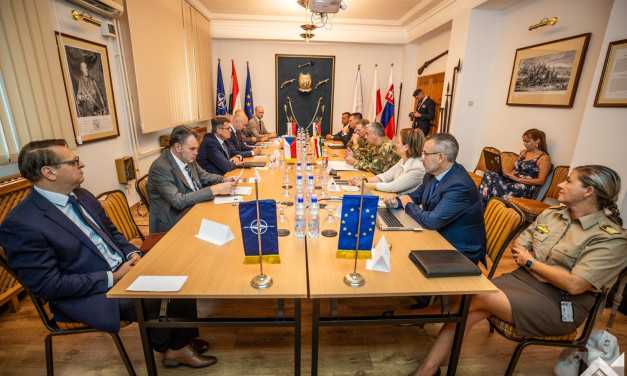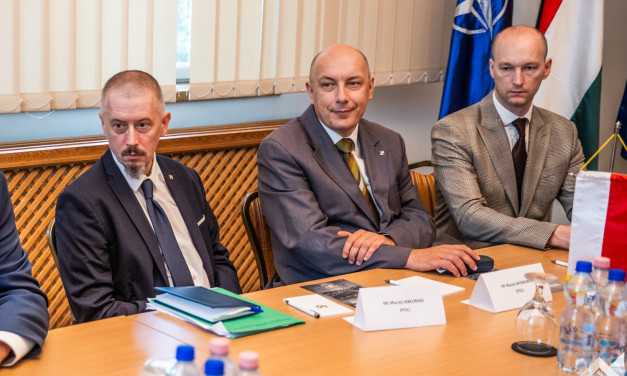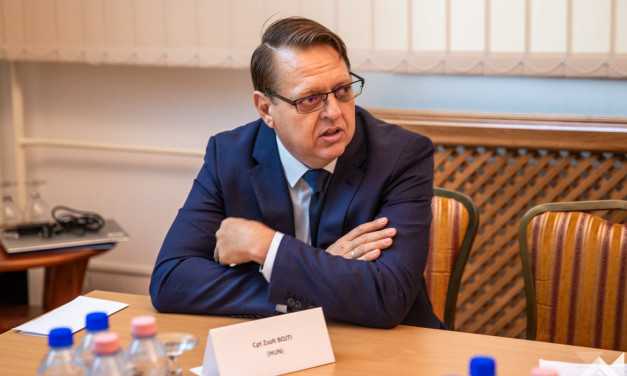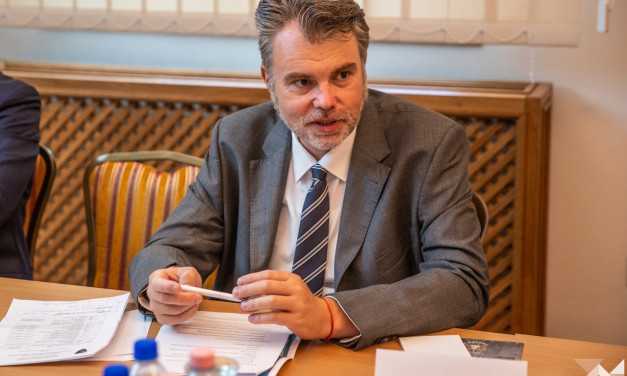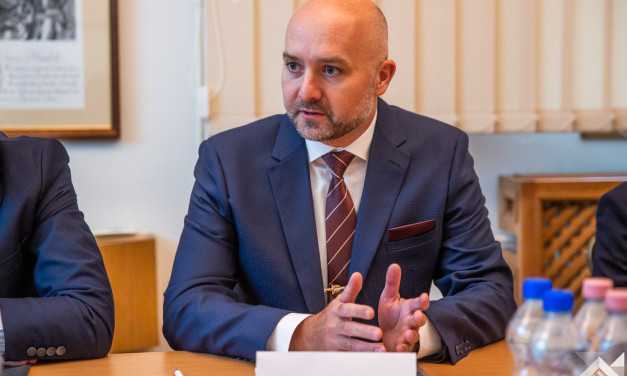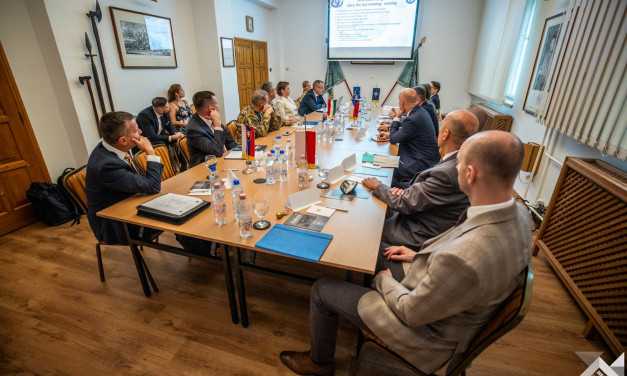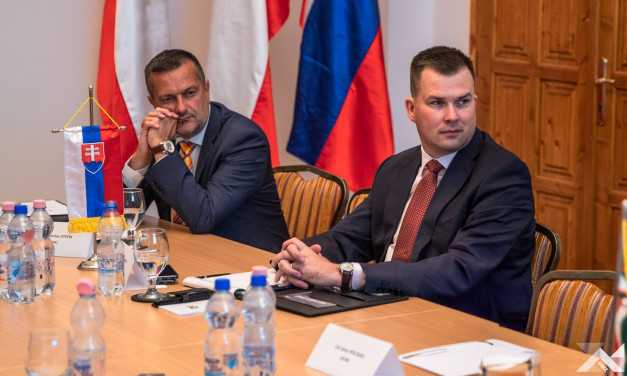Information security leaders of V4 partner countries meet in Hungary
Text: Bettina Sin | Photo: Ákos Pintér | 12:23 September 9, 2024Cyber and information security specialists of Czechia, Poland, Slovakia and Hungary recently met in the spirit of thinking together in Budapest.
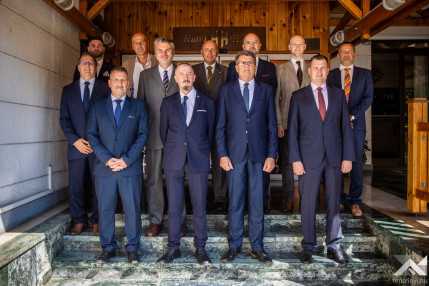
Organized by the HDF Cyber Command and the HDF General Staff CIS and INFOSEC Directorate, the conference was opened in Hotel Hadik by Colonel Gábor Pozderka, Commander, HDF Cyber Command, who welcomed the civilian and military experts from V4 countries. “After six years, Hungary is hosting again this important event, which is a good opportunity to exchange information, discuss issues and formulate new ideas as well” – this was how the colonel expressed his hopes.
The morning presentations focused on the structural and legislative transformation of cyber and information security organizations in the V4 countries. During the presentations, the representatives of each nation introduced the civilian and military organizations affecting their own special field.
The participants of the conference formed a shared opinion that cyber security must closely cooperate with the special field of Communication and Information Systems (CIS) and Information Security (INFOSEC), which offers flexibility among the sectors, thereby reducing administrative burdens.
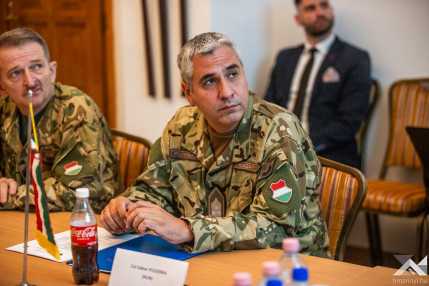
The recruitment and retention of personnel poses a challenge to each V4 country in these special fields. In connection with this, everybody shared their own pilot programs that may serve as a solution to the problem at issue.
The participants also exchanged ideas about the education of the population, as cyber fraud, phishing and the misuse of social media platforms are everyday occurrences in the 21st century. They agreed that a resilient society is half success for the cyber warfare of a given country.
According to Lieutenant Colonel István Csikós, Deputy Head of Cyber Operations Department, HDF Cyber Command, this field can develop more quickly by learning from each other’s errors and achievements regarding the problems related to systems that are classified or unclassified from the aspect of information security. “In recent years, we have always taken others’ solutions into account, and in exchange, we, too, were able to show something new to the partner countries. Recently a number of new sectoral challenges have emerged in the context of the Russo-Ukrainian War, which every country should respond in time in the interest of safeguarding Europe’s security.”
Cyber and information security in focus
